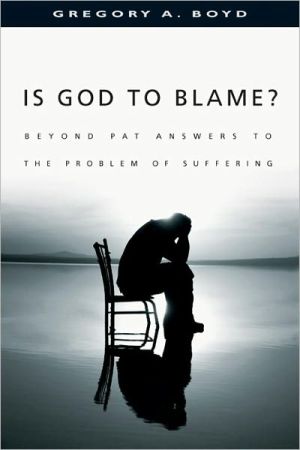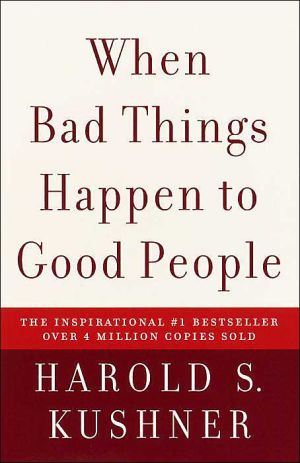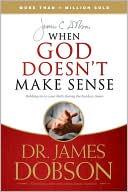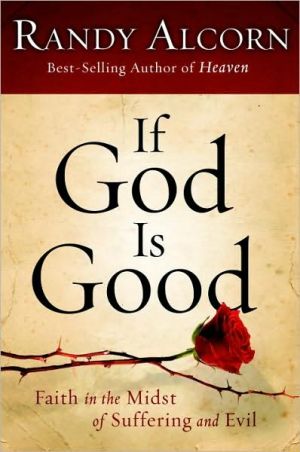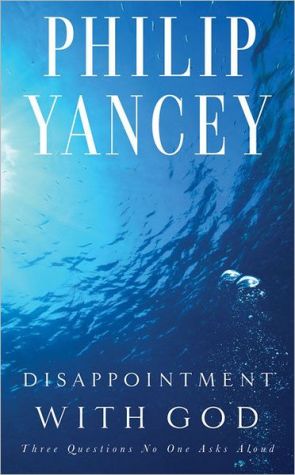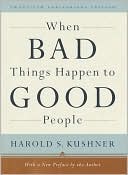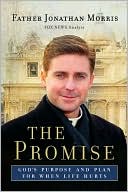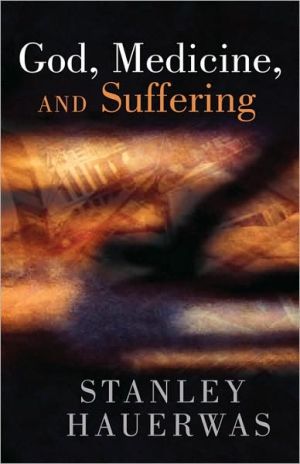Is God to Blame?: Beyond Pat Answers to the Problem of Suffering
Is God to blame?\ This is often the question that comes to mind when we confront real suffering in our own lives or in the lives of those we love. Pastor Gregory A. Boyd helps us deal with this question honestly and biblically, while avoiding glib answers.\ Writing for ordinary Christians, Boyd wrestles with a variety of answers that have been offered by theologians and pastors in the past. He finds that a fully Christian approach must keep the person and work of Jesus Christ at the very...
Search in google:
Acknowledgments Introduction: Why Did God Do This?\ 1. The Lie and the Truth\ 2. Evil and the Blueprint\ 3. Freedom and Risk\ 4. Complexity and War\ 5. Omnipotence and Two Variables\ 6. Prayer and Ambiguity\ 7. Life and Hope\ 8. Mercy and Hardening\ 9. Providence and Control Epilogue Notes Scripture Index
\ Erwin Raphael McManus"Greg Boyd addresses what may be the single most asked question among skeptics and seekers. Many without Christ are still waiting for us to respond with an intelligent answer. Greg provides an apologetic that actually makes sense about an issue that really matters!"\ \ \ \ \ Alan G. Padgett"In this new book from the pen of pastor-theologian Greg Boyd, we discover an answer to one of life's most difficult questions: If God is good, why do bad things happen? Boyd advances a radical notion: human history is a battle between God and Satan. We are part of this struggle, and what the future holds is (in part) up to us. Things are not all fixed from eternity. Agree or disagree, Boyd makes Christian faith exciting. I recommend this book to thoughtful Christians everywhere."\ \ \ Robert Webber"In this stimulating work, Gregory Boyd shows how an incarnational theology focuses on God's action in Jesus Christ as the source for our knowledge of God. In Jesus we see what God does for us, how God loves us, how God feels for us and how God rescues creatures and creation. This work restores an ancient view of Christianity that emphasizes the freedom we have to enter into a joyous relationship with God—a worldview of hope for all of humanity."\ \ \ \ \ Publishers WeeklyBeginning with the story of Melanie, overwhelmed by the struggle to accept her baby's death as part of God's perfect plan, Boyd challenges Christians to rethink their assumptions about God and suffering, guided by the principle that "amidst the vast sea of things we cannot know, we can know that God looks like Jesus Christ." Boyd, pastoral theologian and author of Letters from a Skeptic and God at War, has attracted controversy in evangelical circles by questioning traditional doctrines of divine sovereignty-the idea that God is in total control of what happens in the universe, assigning good and bad events to human lives in accordance with a wise, if inscrutable, plan. Boyd argues forcefully that, for Christians, the deepest revelation of God's character has to be the cross of Christ, where God's glory is revealed not as compelling power but as sacrificial love. The book draws on a wide range of biblical material, including the Book of Job, accounts of answered prayer and Jesus' response to human suffering. All of these passages show God contending with a semi-independent creation that often resists the divine will. Thus the mystery of suffering resides not in God's inscrutable will or a possible "dark streak" in God's character, but in the complexity of a universe where freedom and risk are realities that even God must experience. Always compassionate, sometimes cantankerous and capturing biblical concepts with memorable clarity, this challenging book should be a valued resource for pastors, counselors, support groups and individual study. (Oct.) Copyright 2003 Reed Business Information.\ \ \ \ \ Library JournalThese books provide two different perspectives on God's part in the "problem of suffering," both with the aim of helping Christians deepen their faith. A pastor in St. Paul, Boyd (Satan and the Problem of Evil, etc.) rejects the statement that God brings suffering upon a person to test or teach. Since Christ, the perfect image of God, always relieves suffering and never causes it, the same must be true of God. Therefore, bad things happen owing to Satan, not God. This life is not lived according to God's blueprint, in which every good and evil thing that happens has a divine purpose. According to Boyd, we must instead have a "warfare worldview," in which we see God at war against the spiritual forces that oppose his will. Like Job, we must realize that the very complexity of this cosmic struggle means that we will not always understand why things happen as they do. But we can be assured in the midst of our suffering that "God is against, not behind, all the evil in the world." On the other hand, Tabb, a pastor at First Baptist Church in Knightstown, IN, argues that accepting bad things from the hand of God is the way really to learn about God's grace as a source of strength in the midst of our woes and the only road to spiritual transformation. He also uses the book of Job to make his case. Like Job, we can choose to trust God or reject him. We must decide whether we will go through our suffering with him or by ourselves, but God's purpose is clear: "he weans us from the world in order that he might give us the gift of himself." The two authors are saying similar things in different ways, using the book of Job to demonstrate them. They would agree that God's ultimate purpose is to do us good and that suffering should turn us toward God, not away from him. Boyd's more pastoral and comforting approach would be more effective in strengthening the faith of the grief-stricken or frightened soul. Tabb's deeper and more theological explanation would provide a meaningful answer to the more mature, intellectual believer wrestling with the terribly difficult questions and doubts caused by suffering. Both shed light on the issue, especially when read together. Recommended for public and academic libraries.-C. Robert Nixon, M.L.S., Lafayette, IN Copyright 2003 Reed Business Information.\ \
